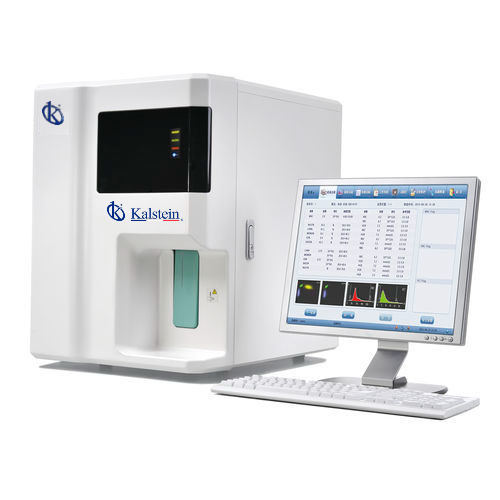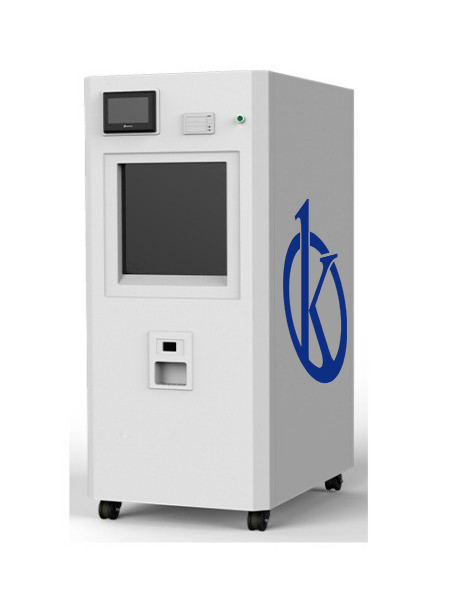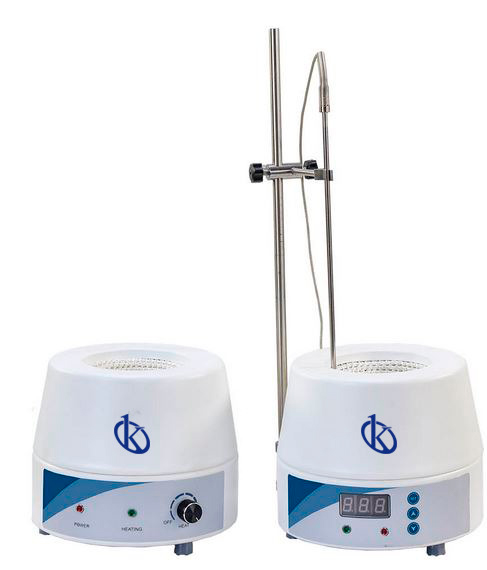Clinical laboratories play a critical role in the timely diagnosis and effective treatment of a variety of medical conditions. Laboratory tests provide valuable information about an individual’s overall health status, detect diseases in their early stages, and help monitor the progress of treatment.
Laboratory tests are valuable clinical tools that transform medical care by enabling more accurate diagnoses and effective treatments. Continued advancement in this area promises to further improve the accuracy and efficacy of these tests, thus contributing to personalized, patient-centered medicine.
We will explore ten common tests performed in these laboratories
– Complete Blood Count
One of the most common tests is the complete blood count. This test provides data on red blood cells, which carry oxygen to the tissues, white blood cells, which fight infection, and platelets, which are involved in blood clotting. An imbalance in these elements may indicate anemia, infections, clotting disorders and other conditions.
– Blood Glucose Test
The blood glucose test is primarily used to diagnose and monitor diabetes. A high fasting glucose level may be an indicator of type 1 or type 2 diabetes.
– Electrolyte Testing
Electrolytes are minerals present in blood and other body fluids that carry an electrical charge. The balance of electrolytes, such as potassium, sodium, chloride and bicarbonate, is vital for normal body function. An electrolyte test can help diagnose dehydration, kidney problems, diabetes and heart disease.
– Liver Enzymes
Liver enzyme tests are performed to evaluate liver function. An increase in ALT and AST enzymes may be indicative of liver damage caused by hepatitis, cirrhosis or excessive alcohol consumption.
– Coagulation Tests
Coagulation tests, such as prothrombin time (PT) and activated partial thromboplastin time (aPTT), are used to diagnose clotting disorders. These tests are vital for patients taking anticoagulants, prior to surgery or in suspected cases of blood clots.
– Thyroid Function Test
The thyroid function test measures the levels of thyroid hormones in the blood. A hormone imbalance may indicate hypo- or hyperthyroidism, which can cause a range of symptoms, from fatigue and weight gain to excessive sweating and anxiety.
– Infectious Disease Testing
Infectious disease tests detect the presence of bacteria, viruses or antibodies produced by the body in response to an infection. These tests are essential in the diagnosis of conditions such as hepatitis, HIV, tuberculosis, among others.
– Lipid Profile Tests
Lipid profile is a group of tests that measure total cholesterol, high-density lipoprotein (HDL) cholesterol, low-density lipoprotein (LDL) cholesterol and triglycerides in the blood. These values are indicative of the risk of heart disease and stroke.
– Sputum Culture
This test is performed when a patient has symptoms of a lung or respiratory tract infection. The culture helps identify the microorganism causing the infection to determine the most effective treatment.
– Urine Tests
Urinalysis is a commonly performed test that can indicate a variety of conditions, from urinary tract infections to diabetes and kidney disease.
From doors to the future
We at Kalstein open a new universe where you will find a space with the latest technological and scientific advances, we present the 3D platform, here you will discover infinite versatile functions for manufacturers and distributors of laboratory equipment regardless of type, you will also find a directory of specialized laboratories, you will have the option to design your profile and be in contact with each user anywhere in the world, we offer unparalleled advantages in over 10 languages and have your own laboratory in 3D, you will publish to buy, sell or rent equipment for laboratories or medical, learn more HERE https://platform.kalstein.co.uk/login/




